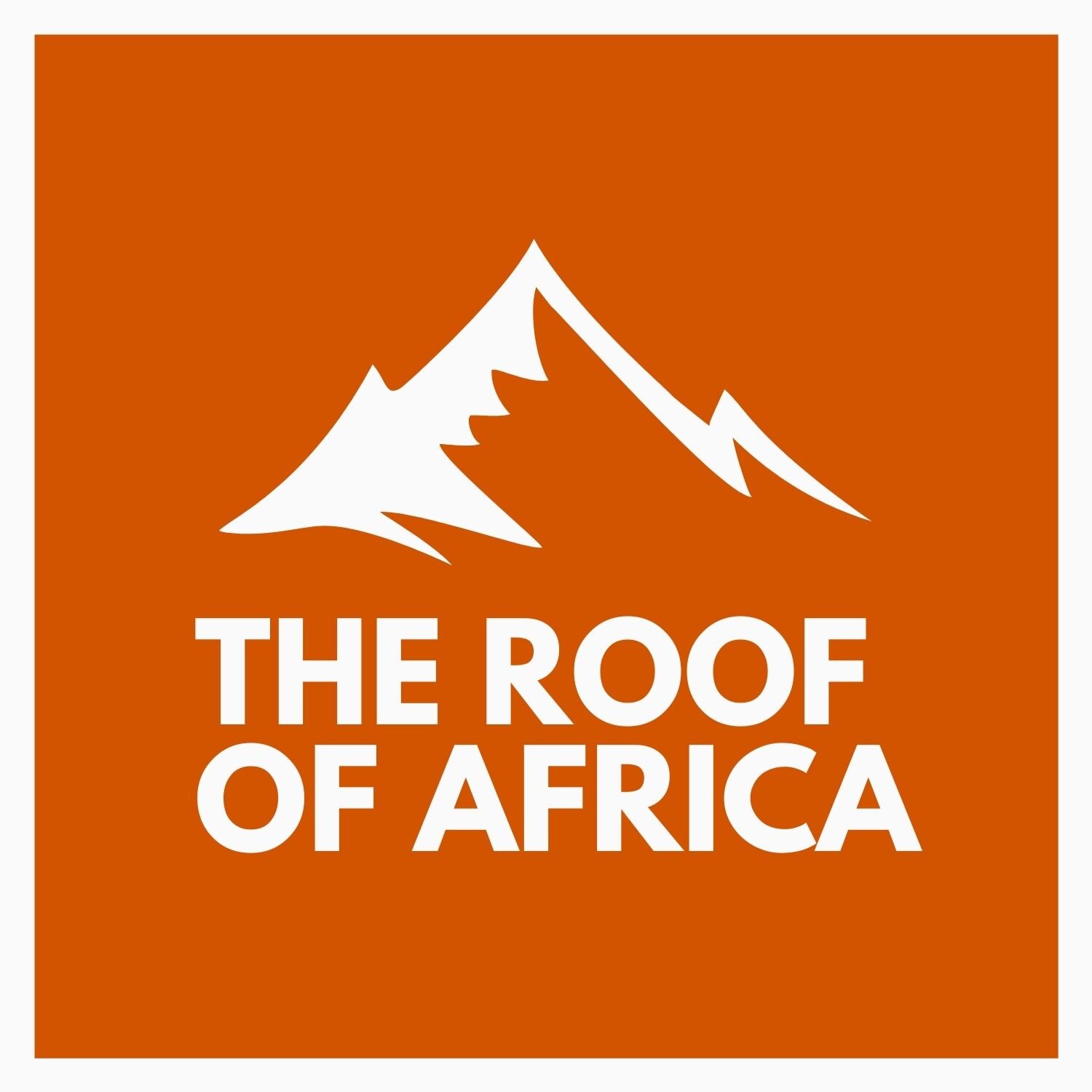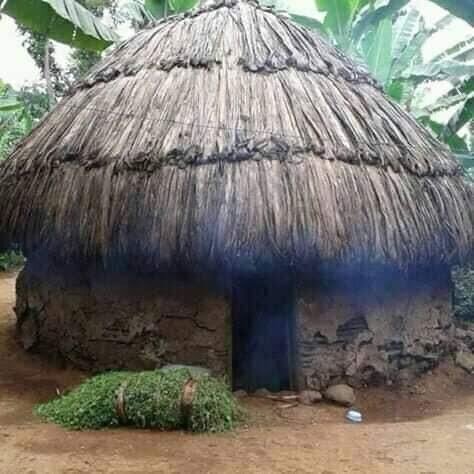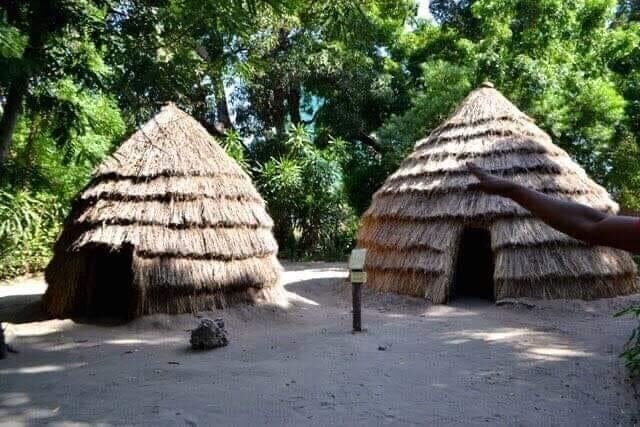A Genuine Story: Exploring Family Structures
Hello, I am Genuine. By name and by nature.
I am the founder of The Roof of Africa. The charity was set up to help children who like I once did; live in the poorest communities in Tanzania. These children have limited access to education or support as they navigate the challenges of living amongst the mountains.
My story starts in a village called Sufi. The village is part of a district called Hai, it is one of seven within the Kilimanjaro region. It is a rural area and many people are farmers working the land to harvest maize and beans and tending to cows and goats. Banana trees are rife and source the traditional food of the people, as well as the main ingredient of the local beer, that is very much enjoyed.
The high altitude around the mountain means that the temperatures do not rise too high. Rolling hills are a brilliant bright green from wet seasons that I am sure climbers are fully aware of! Iron levels in the soil make it a royal red, and the combination of colours are lush and fulsome.
To look at, areas like this in Tanzania are peaceful and calm despite the looming mountains that set the backdrop.
“There is a saying that the closer to the mountain you are, the closer you are to the blessings.”
My father was the chief of a clan known as the Mwasha. The Mwasha clan is made up of many subsections; the main ones are Makisimbo and Mambi, the latter being the one that my father ruled over. The clan are part of a tribe called Chaga – sometimes written as Chagga. Chiefs exist in most tribal communities, of which there are over 125 known in Tanzania, with Chaga among the largest.
The Chaga tribe has main chiefs known as Mangi, which means ‘King’. Usually, they obtain their chiefhood by proving themselves in war and successful trading. They are powerful and have control over land, livestock, and the security of the people.
As the tribe grew over time, it was divided into zones operated by different Mangi. For many years, wars raged between these chiefdoms with alliances drawn and power struggled.
The Chaga tribe reside on the slopes of Mt. Kilimanjaro and Mt. Meru, both of which are favourable for their fertile land and their connection to the Gods. Known as the Ruwa, the Gods in the mountains are looked to for protection, provision, and freedom rather than creation.
The Chaga tribe use the weather to signify their relationship with these Gods. If the tribe can see the mountains on a clear day, it is felt as though they are happy. When it is cloudy and they cannot see the mountain, it is feared that something is wrong. They would then go up the mountain to pray and offer harvests to make amends. Rain signifies hope, for it leads to a good harvest, equating to earning money and healing the sick.
Within the Chaga community, there is a belief that people live eternally through their children, and it is both a great desire and expected that family’s legacies live on in this way. However, it is not always easy to provide for children.
The woman is expected to work the homestead and birth the children. After which she is forced to stay inside for three months following the birth and be taken care of by her husband and in-laws. If a child is born with a twin or grew their first tooth in the upper gum, or even if they are born shortly after the death of another child, they were deemed unlucky. Traditionally they would have been killed or returned to the grandparents.
These traditions are often considered outdated and have been replaced over the passing of time and introduction of education and teachings from different cultures. With influence from British and German missionaries, the Mwasha clan had adopted elements of the Christian faith, though Ruwa was still looked to in times of strife and conflict.
Chaga women today are now amongst the most educated within Tanzania and lead the way for change. The Machame Chaga women are often referred to as the British of the Machame, hailed for their fearlessness. Many are without husbands or widowed and do not bow to a man.
However, even now within the Chaga tribe, a woman is not able to inherit land from her parents if she does not have a male child. Instead, the land will be passed to the brother of their father, and the same rules apply to the chiefdom. Young girls often inherit poverty from their parents and face challenges of young pregnancies, child marriage and female genital mutilation that is sometimes practised in secret between families.
During the 1990s, many young males were forced to venture to surrounding cities to trade coffee and cows to provide for a fast-growing population within the small Chaga homelands. Consequently, they fell into the HIV and Aids epidemic and brought the virus back to their families. Many children and young people are orphaned from the devastation, and others are being raised by their grandparents who do not have the means to support them.
Around the same time, my father faced his own dilemma. As he neared turning 80, he had no legitimate child to inherit the Membi throne and become Chief once he passed. Before me, my father had nine children. Three of whom were first-born boys, and one was a girl.
By tradition, the lineage goes to the first-born male birthed from a “clean” family.
For a child to be considered “clean”, the mother and her family must be deemed free from all practices of witchcraft, as well as rumours of such practices. The clan will monitor the family of the child and research their history to look for information that may tarnish the child intended to take over the throne.
Witchcraft is a prevalent reality in many African communities, including the Chaga tribes where it is known as ‘wusari’.
Two of my siblings were firstborn males and in their own rights would be considered heirs.
However, their mothers were accused of practising sorcery and witchcraft. There are many signs that a clan consider as evidence of witchcraft. They look at the way a woman behaves. Some of the telling acts include; her eyes going red as she ages, if she has sacrificed animals, such as chickens to Gods to ask for a power or a child, if she has spoken harshly to other clanswomen, or if people have become ill after eating food prepared in her home. Additionally, if a woman develops sexual desire towards other men who are not her husband, this can be considered a sign of sorcery. These are traditional signifiers of witchcraft and ones that I believe to be oppressive towards women and their freedom.
As a result of such accusations, my siblings were deemed unfit to inherit the throne and their mothers were forced out by the men of the clan. It is believed that if a child who is not “clean” were to become Chief, then the kingdom will be cursed – there would be no rain, no crops to grow and people would die.
By the time I was conceived, my siblings were grown up but unfortunately were not educated beyond the realms of farming. They were enraged with jealousy at the idea that I may be a boy and able to inherit the throne that they truly thought was rightfully theirs. It is common within the Chaga community that a family plot of land; called the ‘Vihamba’, is passed down through generations. This shifted the dynamic within the family, as my siblings were hungry for power and the wealth and security that comes with it.
When my mother was six months pregnant, she was beaten by my older brothers. She was hospitalised until my birth when my fate was revealed.
I was the next in line to be Chief of the Membi in the Mwasha clan. The name that I was given symbolises this. ‘Genuine’ was written down by an English-speaking German missionary to honour the inheritance.
Back at home with my parents, the feud fired on. My siblings would bring poisoned milk strong enough to kill the grass that it was poured on, in an attempt to strike us. I later learnt from my uncles that my family were threatened by the estranged siblings. In the dark of night, they entered our home intent on harming me and stealing animals. They beat my father, thinking that he was holding me as we slept. They broke parts of his face and leg, but luckily, he survived the attack with the aid of a doctor.
Following the devastation of the attack, my father had to make a decision to protect his safety and that of his wife and myself as a baby. We were at risk of being killed, and the future of the clan relied on his move.
It was decided that I was not safe within the clan.
At the age of 2, I was taken to a faraway village and left at a junction. It was my father’s hope that a Good Samaritan would discover me, help, and raise me. My mother was told that I had gone to live with an uncle. She believed that when it was safe to return, I would. For many sons, it is expected and tradition that they help their mothers as they grow older.
Together my parents prayed for safety and an eventual return…


